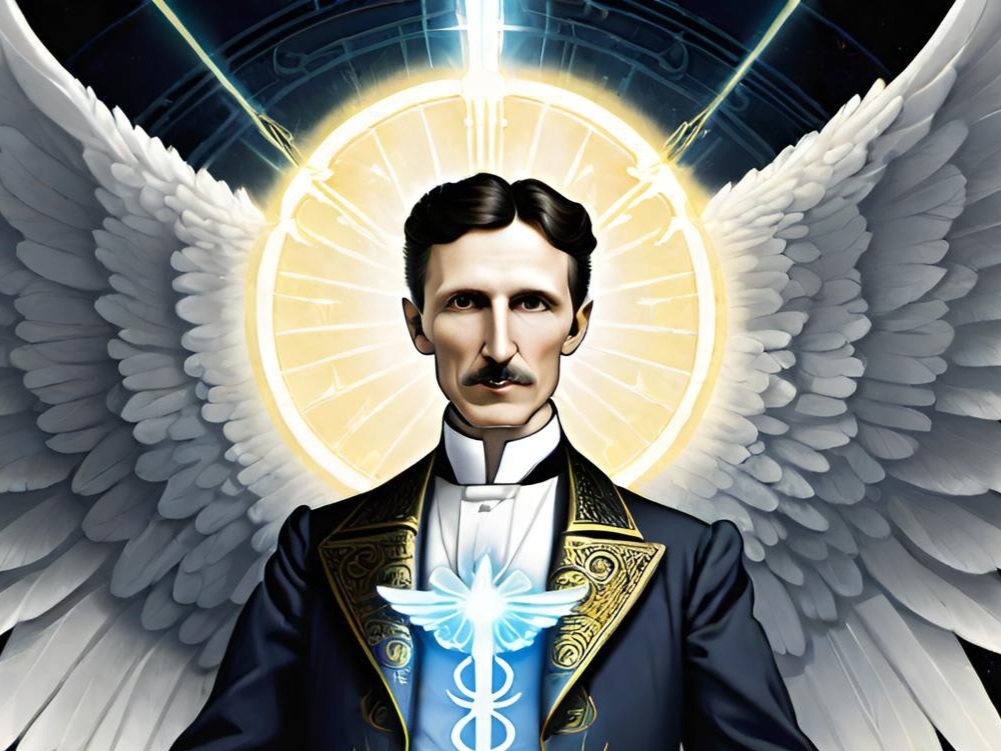DMT, or dimethyltryptamine, is a potent psychedelic substance that has been used for centuries in traditional South American shamanic practices. It has gained increasing popularity in recent years as a spiritual tool to access altered states of consciousness and explore the depths of the human psyche. One of the most fascinating aspects of DMT is its ability to evoke profound and mystical experiences that often involve encounters with entities or divine beings, as well as a sense of transcendence and emotional catharsis. However, another topic that has been the subject of much speculation and controversy in relation to DMT is its potential role in helping people accept and come to terms with death. In this article, we will examine the scientific, psychological, and philosophical aspects of this question and explore the possible benefits and risks of using DMT in this context.
One of the main reasons why DMT has been associated with death and dying is its structural and chemical similarity to a substance called 5-hydroxytryptamine (5-HT), which is a neurotransmitter involved in mood regulation, sleep, and cognition. Interestingly, 5-HT is also found in the pineal gland, a small pea-shaped gland located near the center of the brain. The pineal gland has long been regarded as a mystical or spiritual organ by many cultures, and has been associated with the secretion of melatonin, which regulates the sleep-wake cycle, as well as with mystical experiences and altered states of consciousness. Some researchers have suggested that the pineal gland may be responsible for producing DMT at moments of extreme stress or trauma, such as near-death experiences (NDEs). This hypothesis, known as the “DMT theory of NDEs,” proposes that when the brain is deprived of oxygen or other essential nutrients, it releases large amounts of DMT, which in turn triggers a powerful psychedelic experience that includes the feeling of leaving the body, encountering other entities or beings, and entering a realm of light, love, and unity.

Although the DMT theory of NDEs is still controversial and lacks conclusive scientific evidence, it has sparked much interest and speculation among both scientists and laypeople. Some proponents of this theory argue that DMT may be a natural and safe way to help people prepare for or cope with death and dying, by giving them a glimpse of what lies beyond the physical realm and by helping them transcend their fears and doubts. Others caution that the DMT experience, like any powerful psychedelic experience, can be unpredictable, overwhelming, and potentially harmful, especially for people with pre-existing mental health conditions or who are not prepared for the intensity and duration of the experience.
The Psychological and Philosophical Implications of DMT and Death
Apart from the potential physiological mechanisms and effects of DMT on the brain and body, there are also psychological and philosophical questions that arise when considering the relationship between DMT and death. For instance, what does it mean to “accept” death? Is it a matter of intellectual or emotional acceptance, or both? Can DMT help people come to terms with their mortality, or is it more likely to reinforce their attachment to life and the physical world? What implications does the use of DMT have for one’s worldview, spirituality, or sense of purpose?
One perspective that sheds light on these questions is that of existential philosophy, which explores the fundamental issues of human existence, such as the meaning of life, the inevitability of death, and the nature of freedom, responsibility, and authenticity. According to many existentialists, including Jean-Paul Sartre, Martin Heidegger, and Friedrich Nietzsche, human beings are burdened with the task of creating their own meaning and purpose in a world that is inherently meaningless and absurd. Death, in this view, is not an enemy to be defeated or embraced, but an integral part of life that gives it urgency, finiteness, and value. By acknowledging our mortality and accepting the limitations of our existence, we can live more authentically and passionately, without deluding ourselves with false hopes or illusions.
From this perspective, it can be argued that DMT, or any other substance or practice that seeks to bypass or evade the reality of death, is not only futile but also potentially harmful. By offering a temporary escape from the constraints and responsibilities of our life and mortality, it may create a false sense of security and comfort that ultimately undermines our ability to confront and transcend our fears and doubts. On the other hand, if used in a mindful and intentional way, DMT may serve as a catalyst for self-discovery, growth, and transformation, by allowing us to see ourselves and the world in a new light and by confronting us with the mysteries and paradoxes of existence.
The Risks and Benefits of DMT for Accepting Death
Given the potential benefits and risks of DMT in relation to accepting death, it is important to weigh these factors and consider the context and purpose of its use. While some people may find that DMT helps them face their mortality and transcend their fears, others may find it overwhelming and traumatic, or may develop a dependence or addiction to the substance. Moreover, DMT can interact with other drugs or medications, and may have unpredictable effects on individuals with mental health disorders or heart conditions.
Therefore, it is essential to approach DMT with caution, respect, and humility, and to seek guidance from experienced and trustworthy sources. For some people, this may mean working with a skilled shaman or facilitator who can provide a safe and supportive environment, as well as an appropriate dose and preparation. For others, it may mean exploring other practices or therapies that can help them cultivate acceptance and peace in the face of death, such as meditation, psychotherapy, or spiritual guidance. Ultimately, the decision to use DMT should be informed by a thorough understanding of its effects and risks, as well as a sincere and authentic motivation to explore the mysteries and possibilities of life and death.
Conclusion
The question of whether DMT can help people accept death is a complex and multifaceted one, which involves scientific, psychological, and philosophical dimensions. While there is no definitive answer or recipe for using DMT in this context, it is clear that the substance has the potential to evoke profound and transformative experiences that can challenge and expand our perceptions of reality and ourselves. Whether and how DMT can be used as a tool for accepting death is ultimately up to each individual, based on their own values, beliefs, and goals. However, it is important to approach this topic with openness, curiosity, and respect, and to seek guidance and support from trusted and knowledgeable sources.




